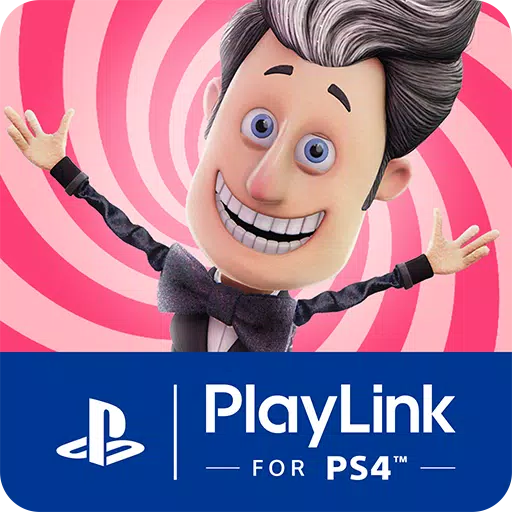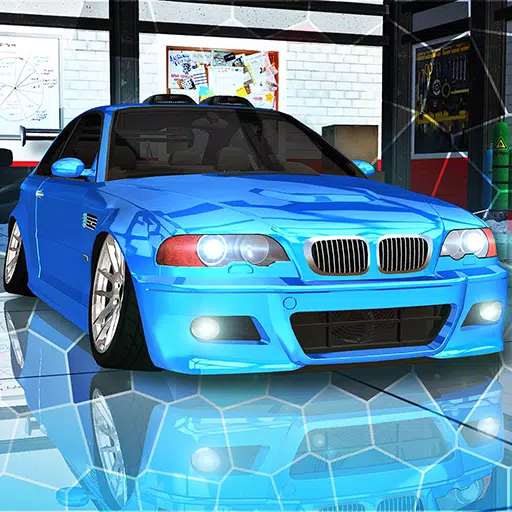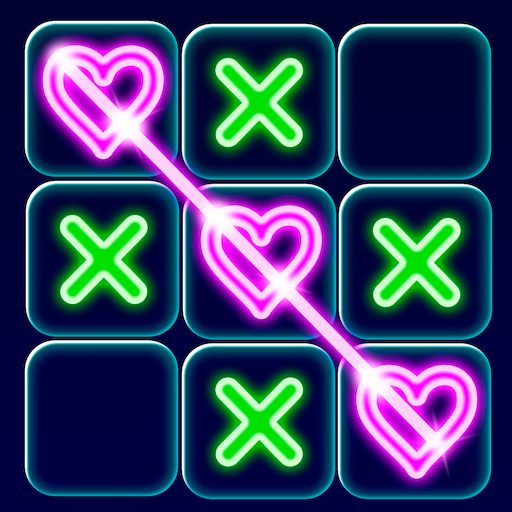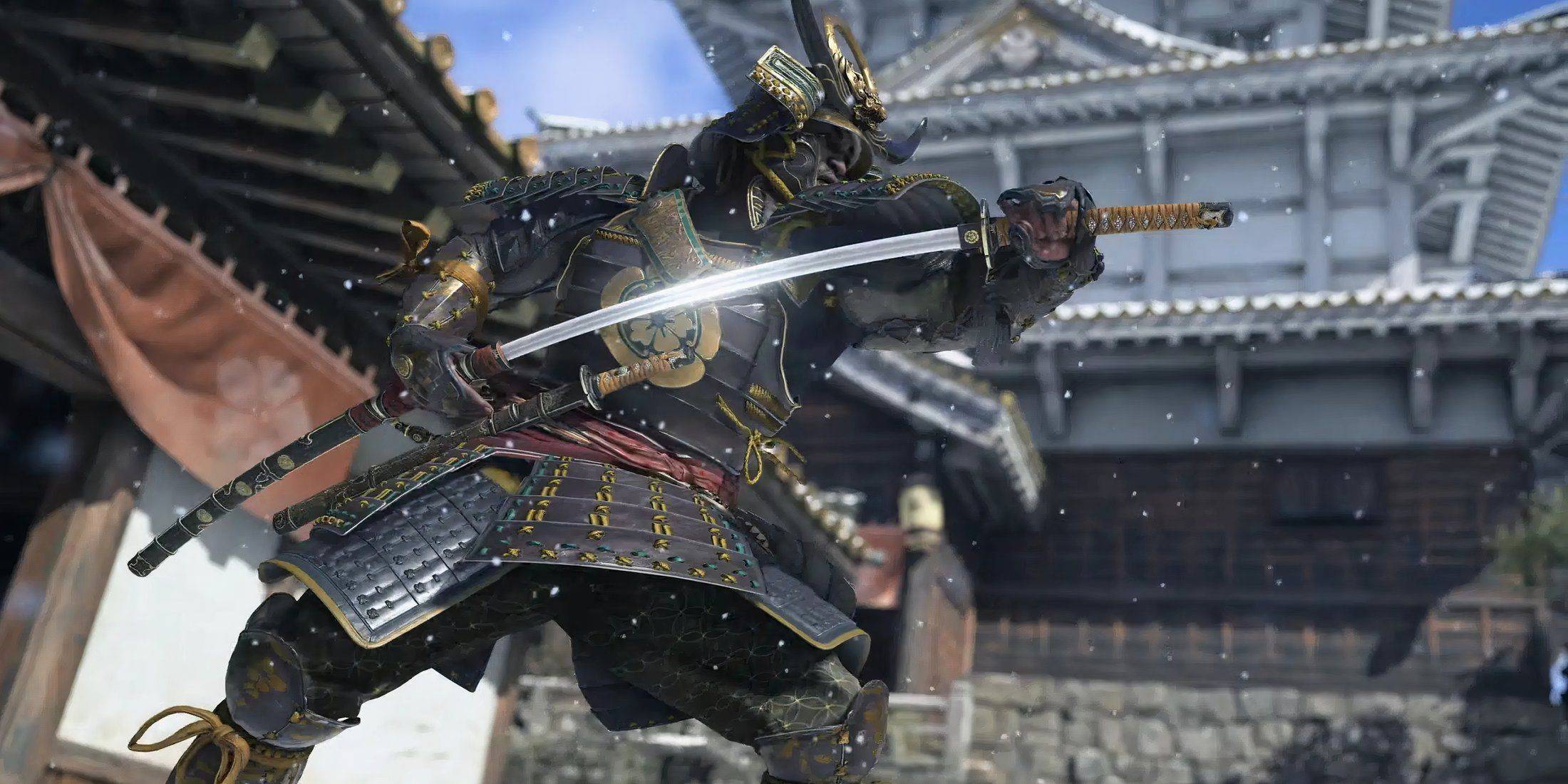Activision recently grabbed the gaming world's attention with a series of advertisements for new projects based on its beloved franchises like Guitar Hero, Crash Bandicoot, and Call of Duty. However, the buzz wasn't just about the new games; it was about the surprising use of neural networks to create the promotional materials.
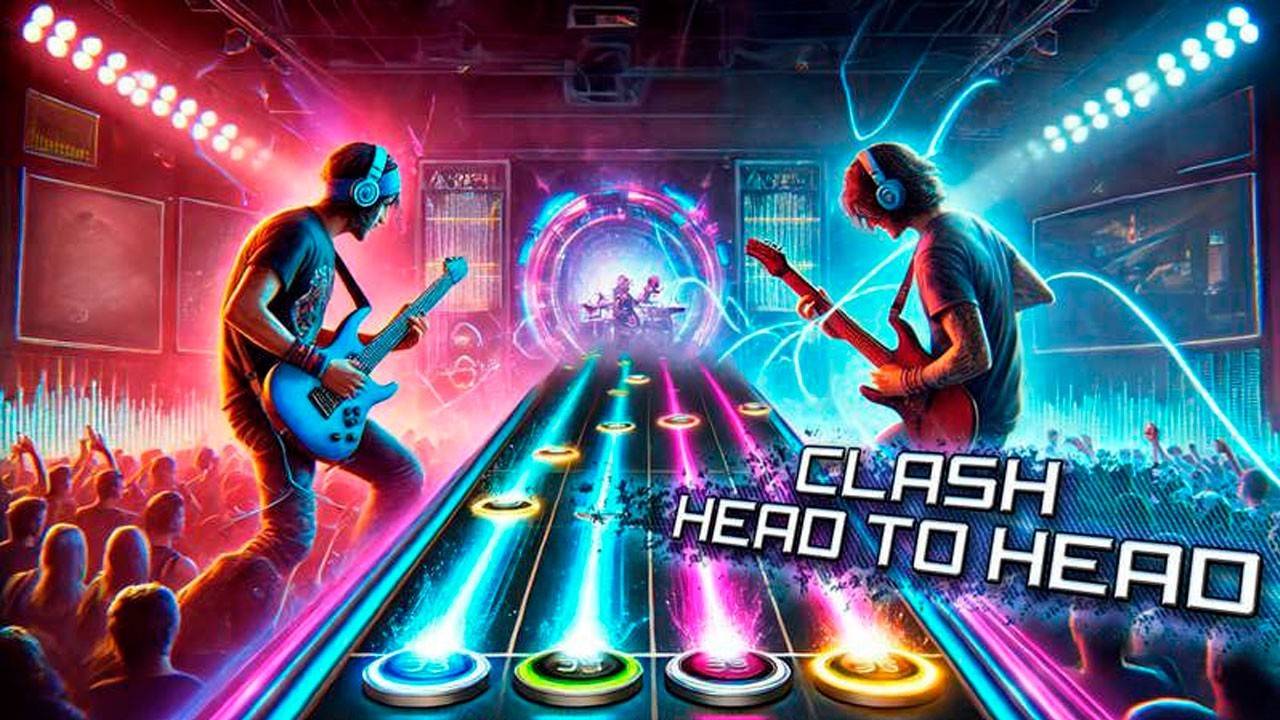 Image: apple.com
Image: apple.com
The initial ad for Guitar Hero Mobile appeared on one of Activision's social media accounts, directing users to a pre-order page on the App Store. Fans were quick to notice the odd, unnatural visuals, which sparked widespread discussion. Reports soon surfaced of similar AI-generated art in ads for other Activision mobile games, including Crash Bandicoot Brawl and Call of Duty Mobile. At first, many suspected that Activision's accounts had been compromised, but it turned out to be an unconventional marketing strategy.
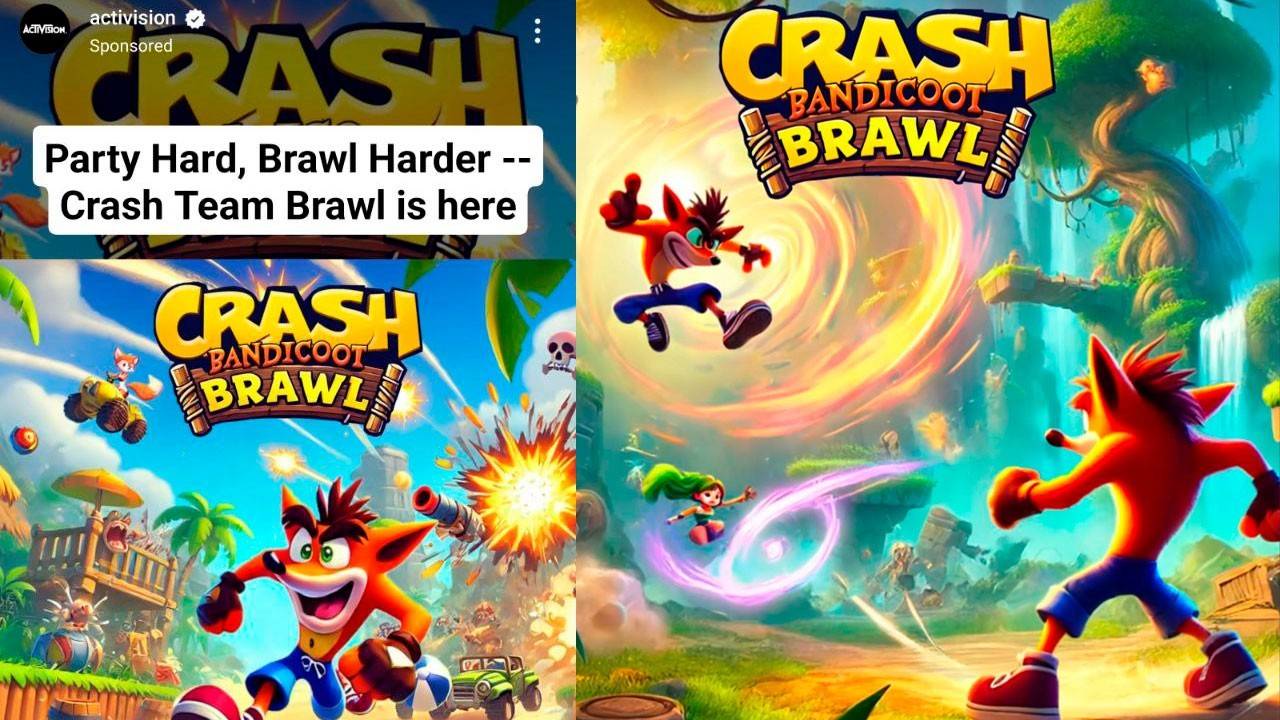 Image: apple.com
Image: apple.com
The gaming community's response was overwhelmingly negative. Fans criticized Activision for choosing generative AI over collaborating with professional artists and designers. Concerns were raised that this approach might result in games becoming "AI garbage." Some even drew comparisons to Electronic Arts, notorious for its controversial gaming decisions.
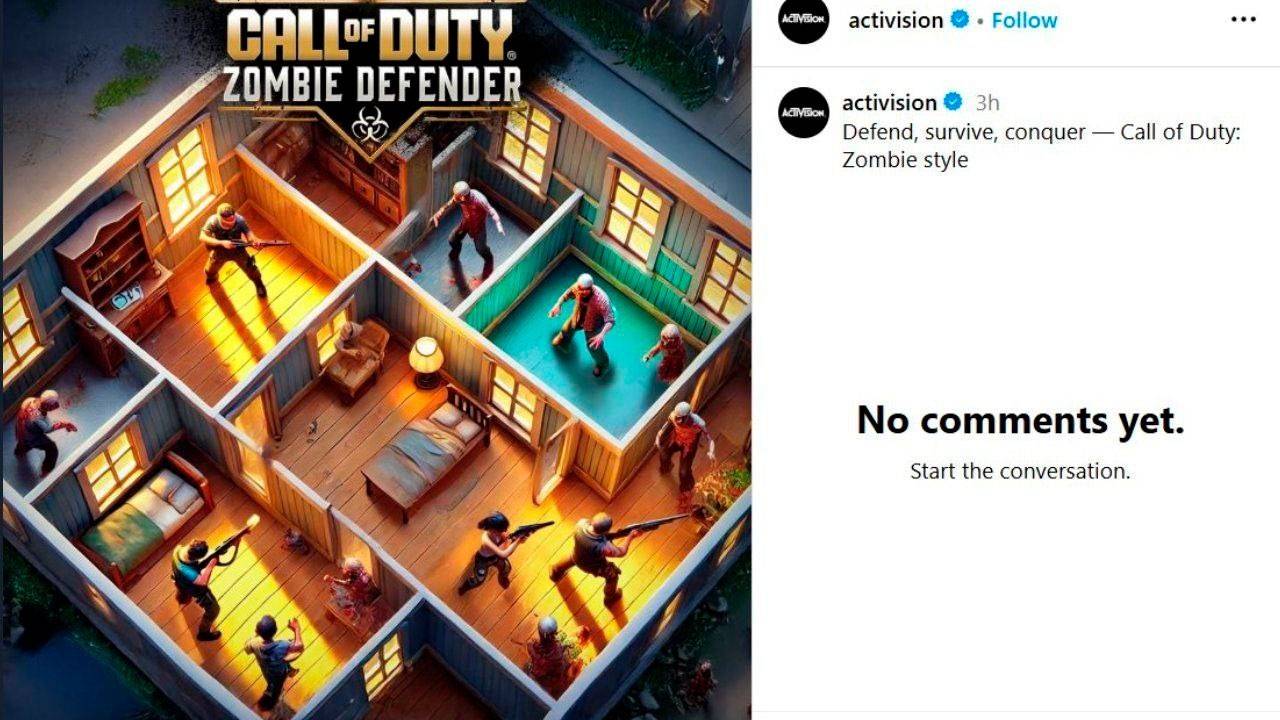 Image: apple.com
Image: apple.com
The use of AI in game development and marketing is becoming a contentious issue for Activision. The company has already confirmed the active use of neural networks in creating content for Call of Duty: Black Ops 6.
Amid the backlash, some promotional posts were removed. It's still uncertain whether Activision plans to release these games or if they were merely testing audience reactions with these provocative materials.
 Home
Home  Navigation
Navigation






 Latest Articles
Latest Articles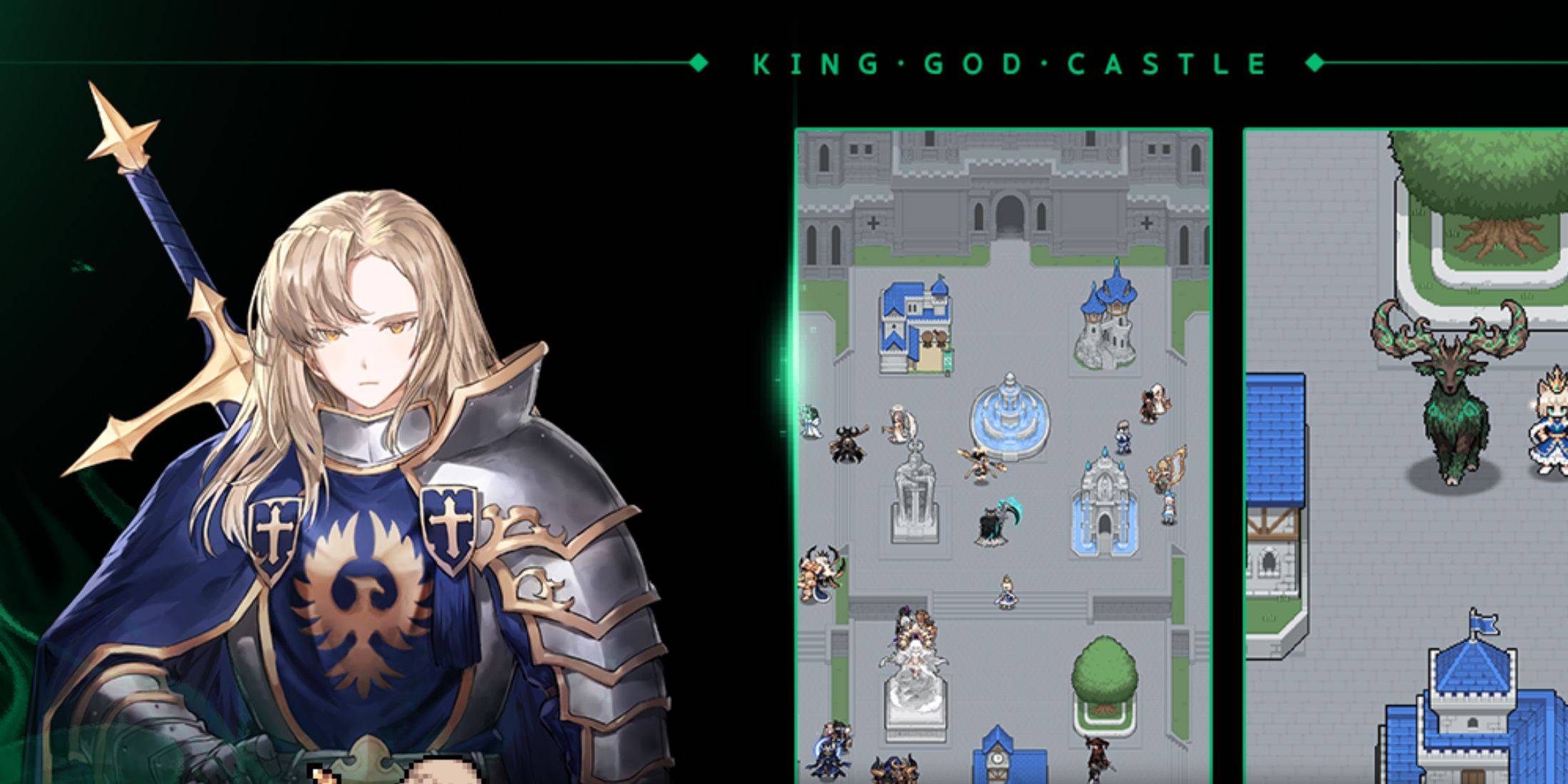
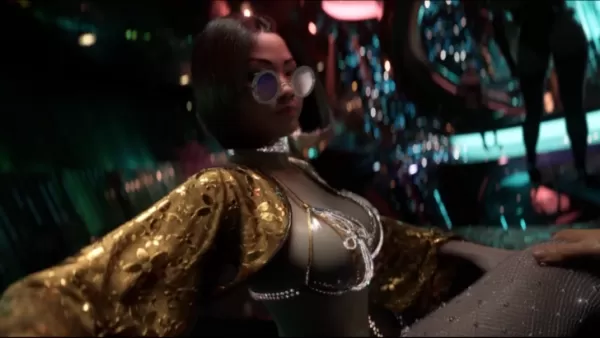

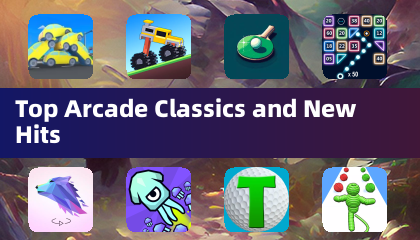



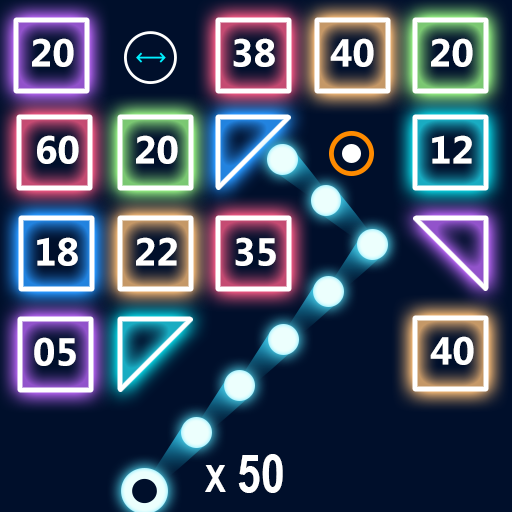
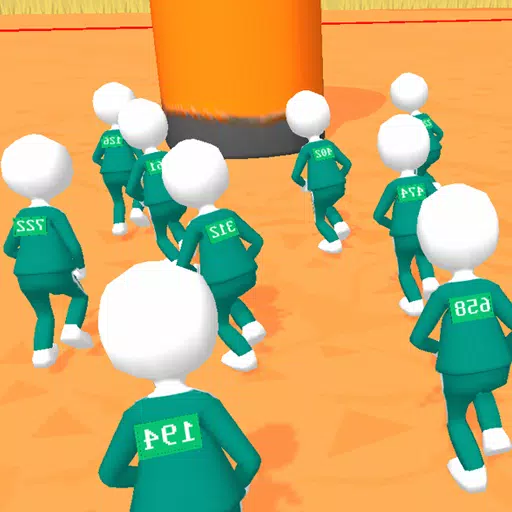
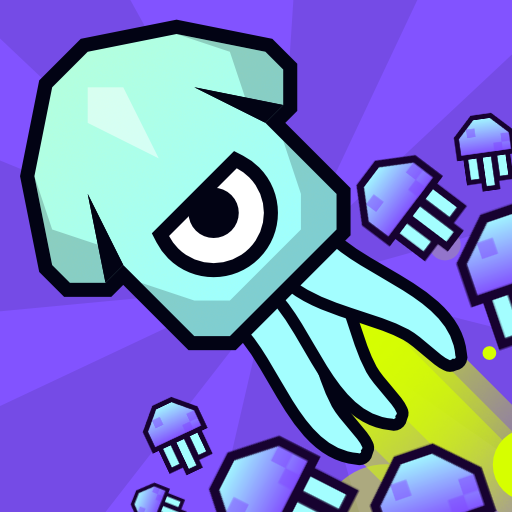

 Latest Games
Latest Games


